"For A Beautiful Lawn, Just Add Water!"
Understanding Landscape Irrigation Systems

The Complete Guide to Irrigation Installation Costs and Best Practices

The Complete Guide to Irrigation Systems Installers
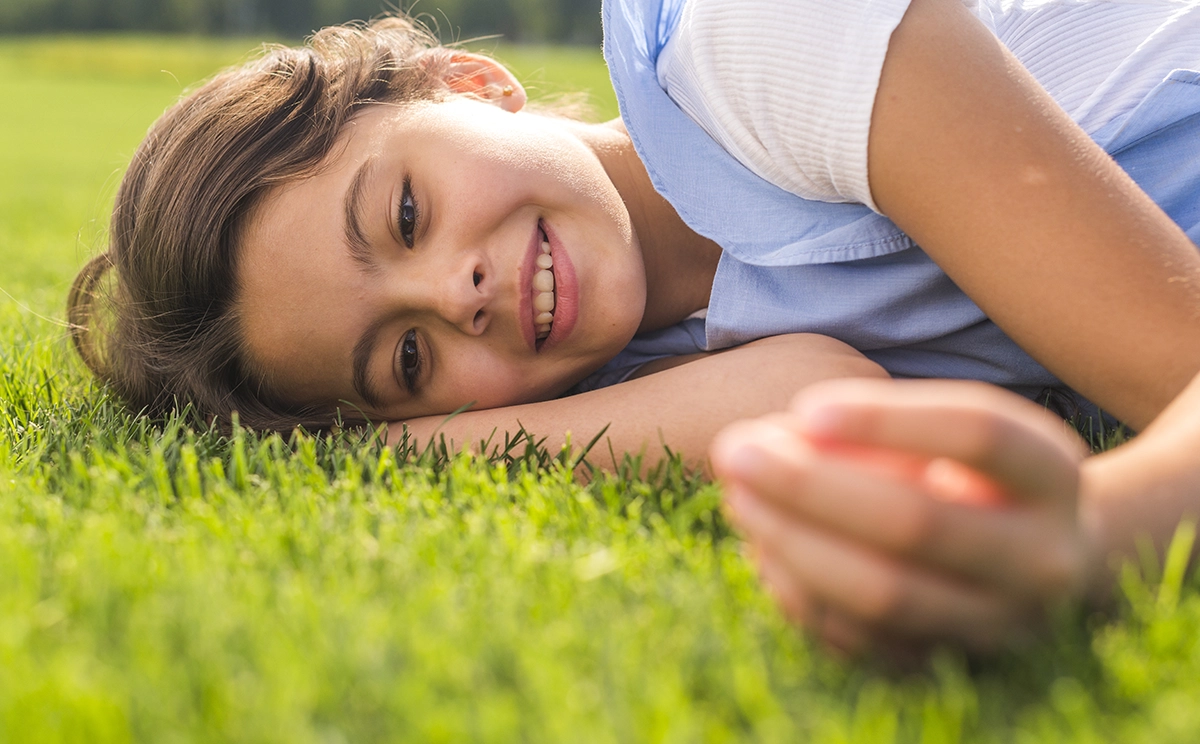
How Best to Get a Great Looking Lawn? irrigation installation service

Strategies to fix a Patchy Lawn

Betting on a Green Lawn

Why You Should Fire Your Hose
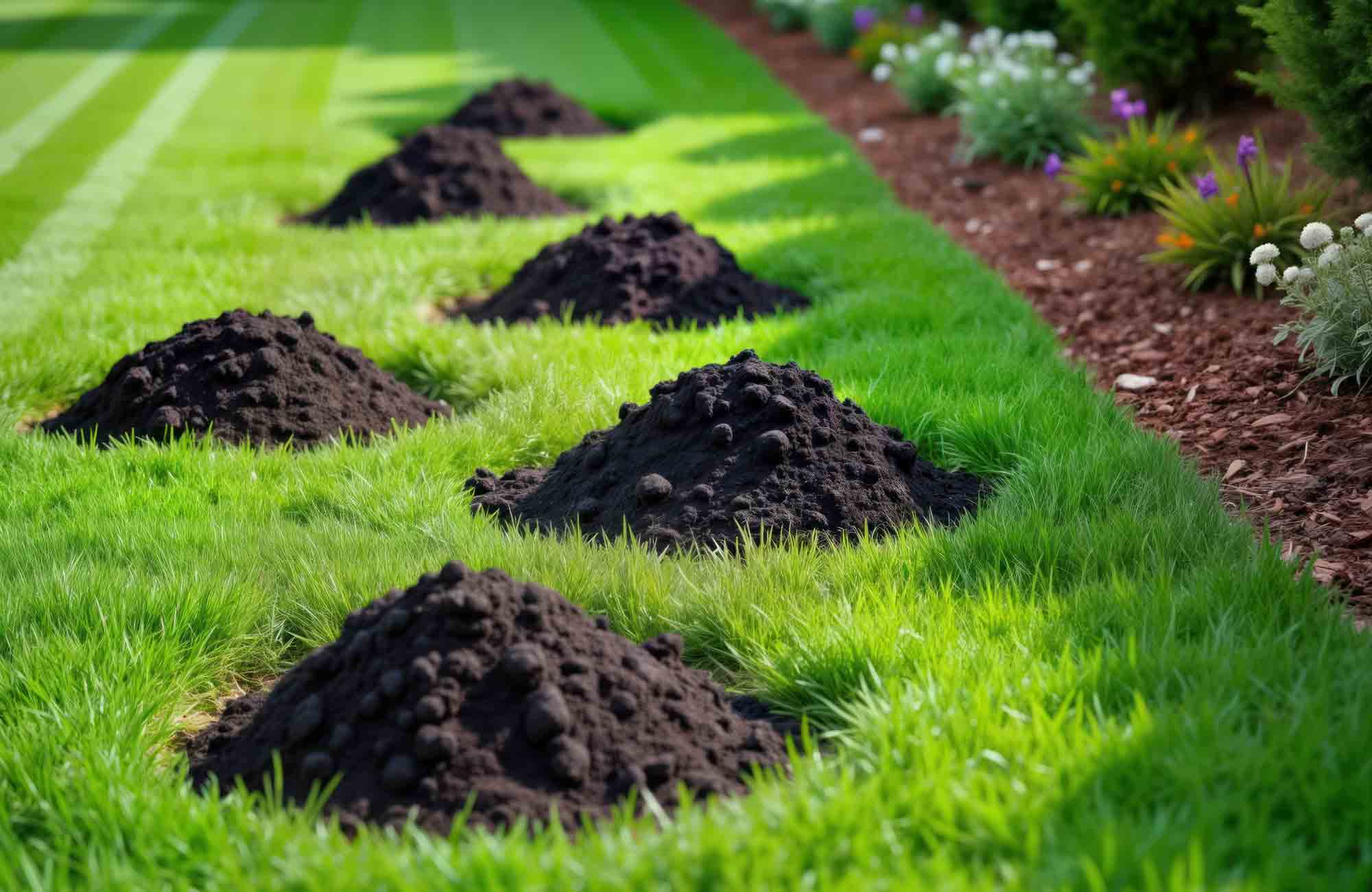
Design, Installation & Warranties
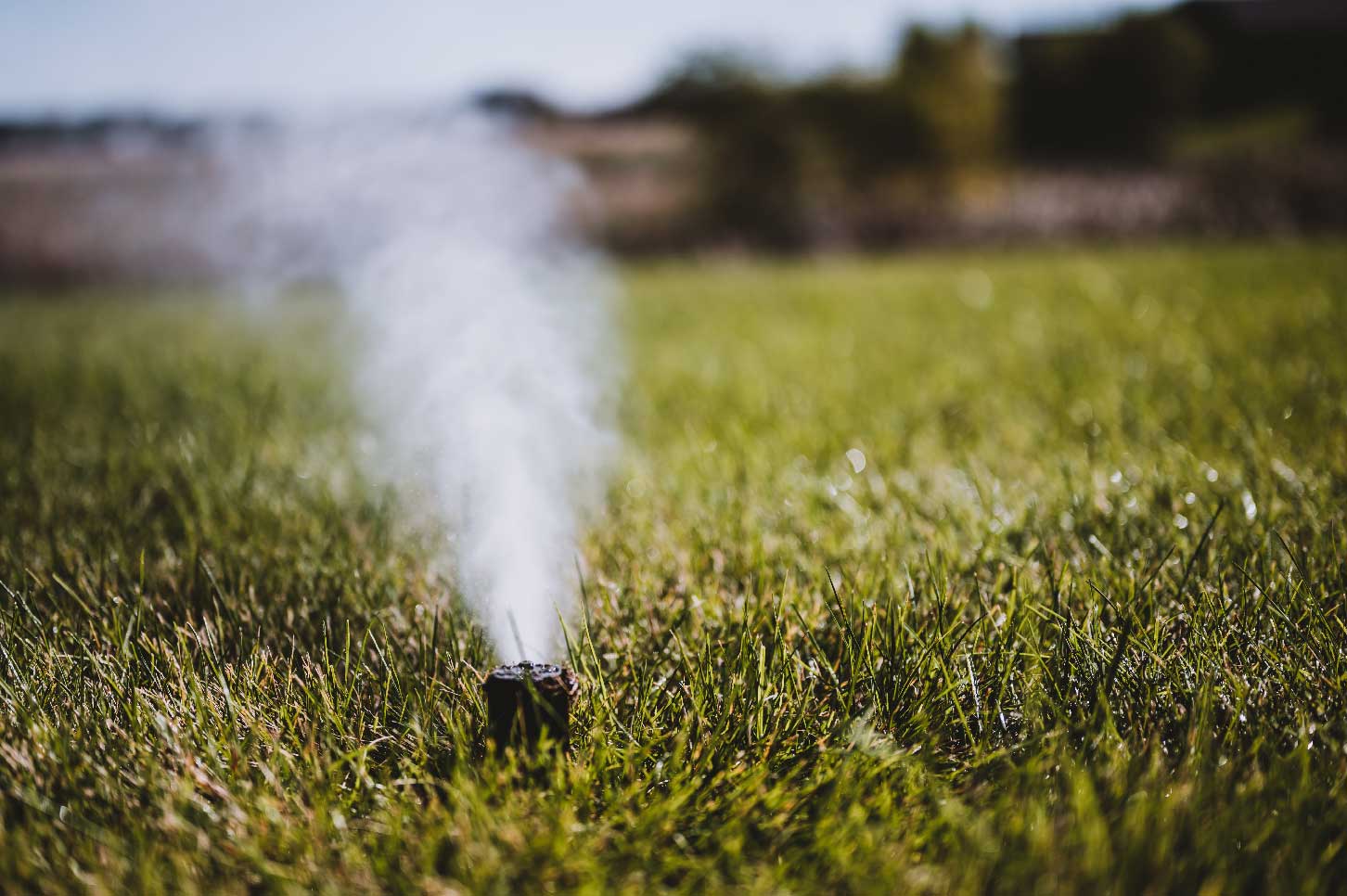
Problem: Sprinkler Heads Not Distributing Enough Water
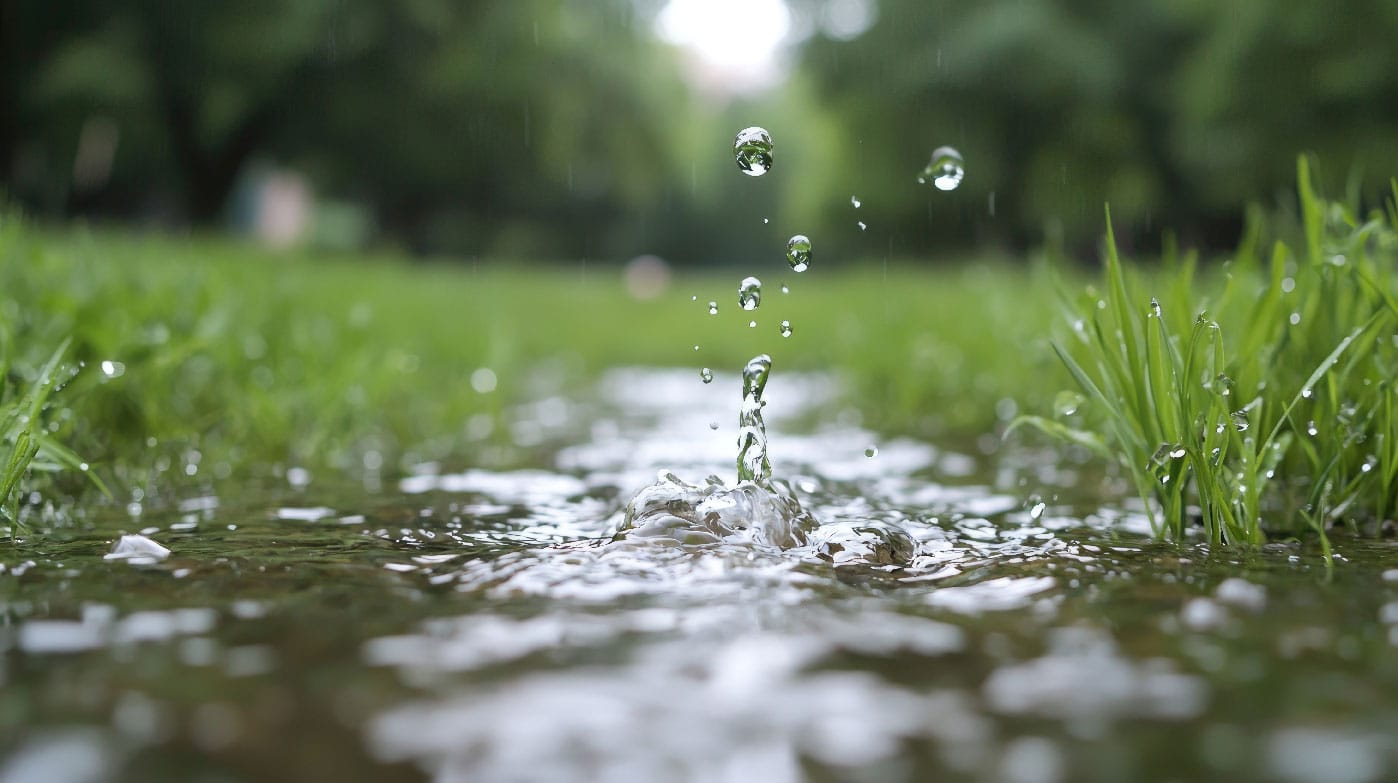
Problem: Wet Area(s) in Lawn
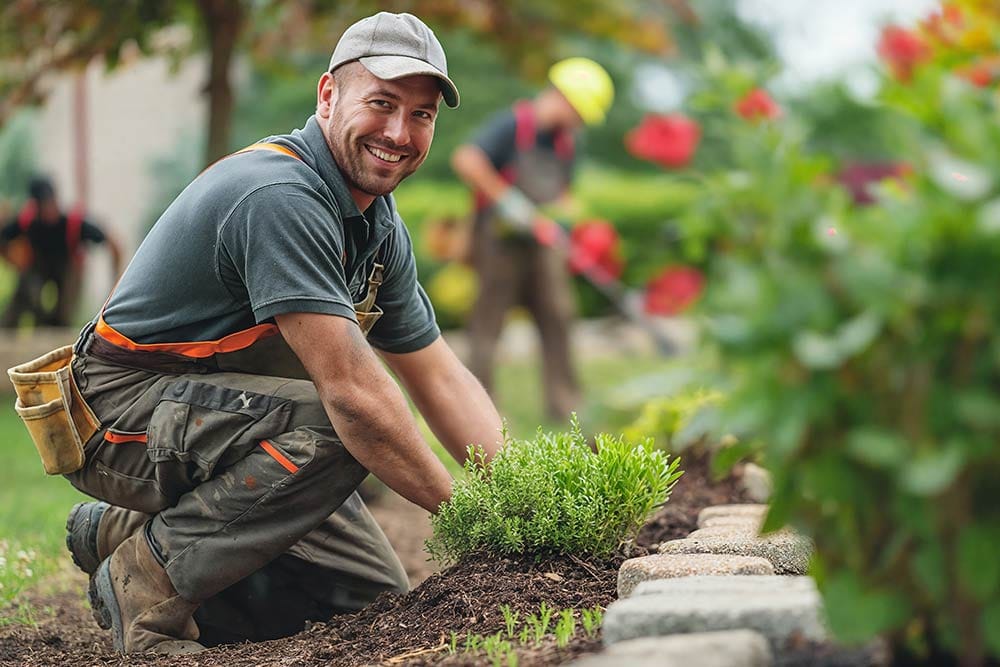
Can my landscaper install an irrigation system for me?

Installing your own irrigation system

Installing an innovative, automatic, direct irrigation system can change your life!
More Posts
